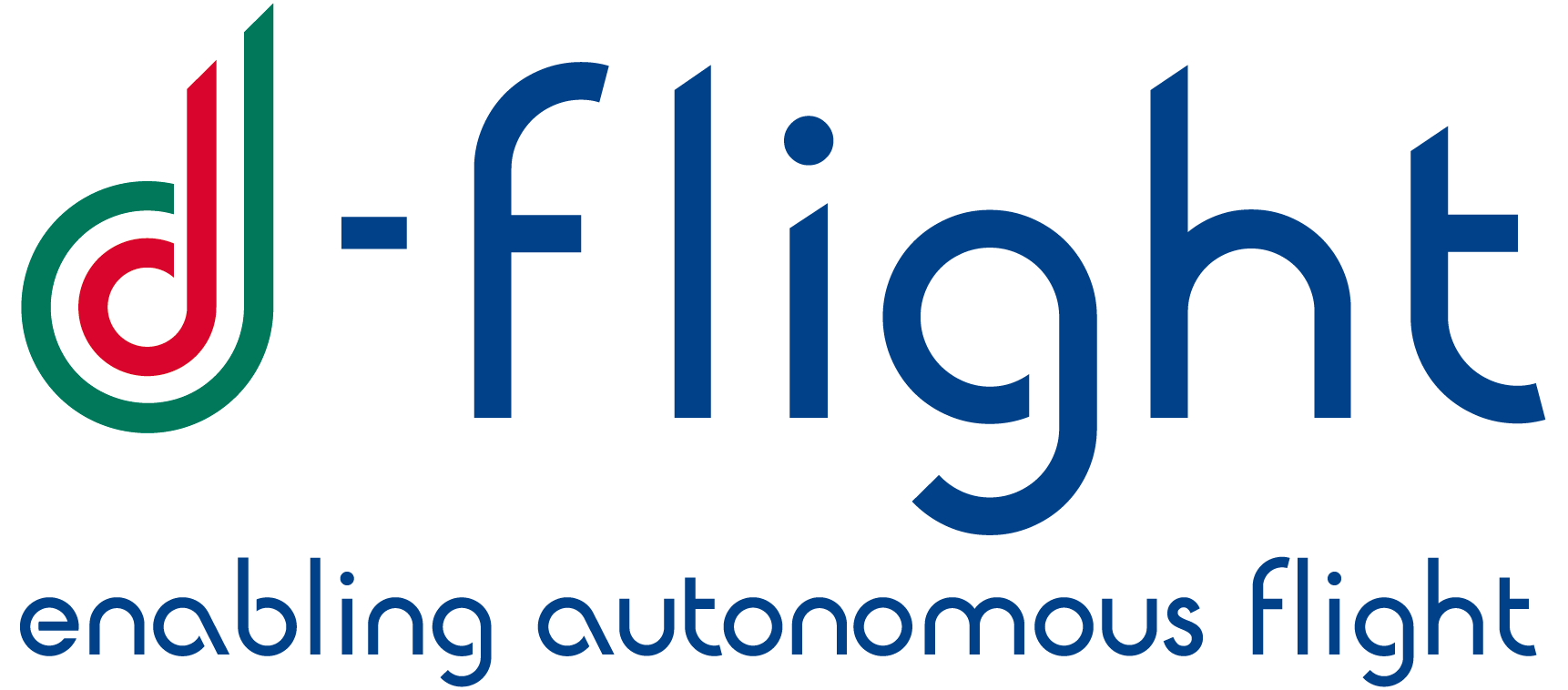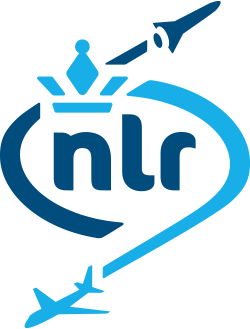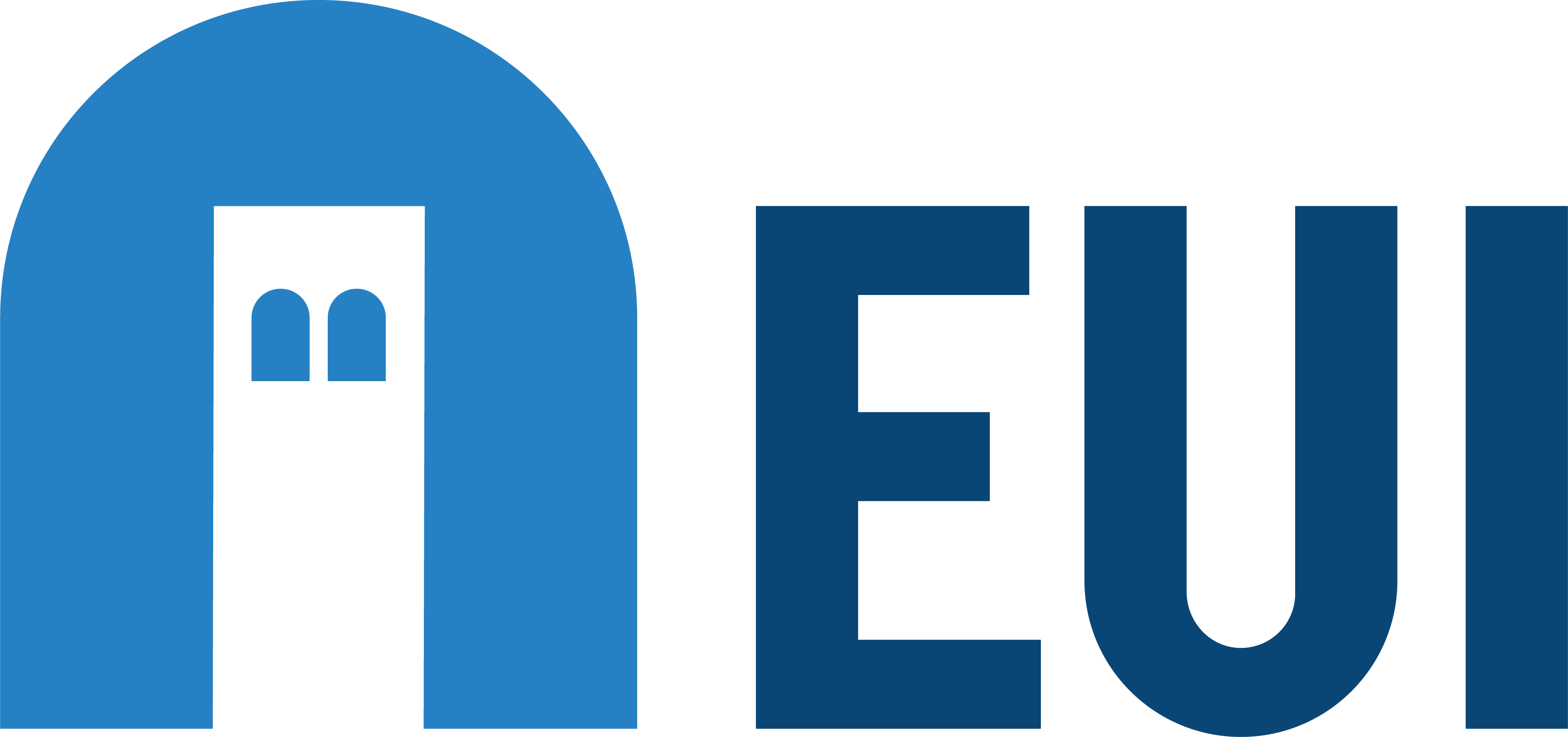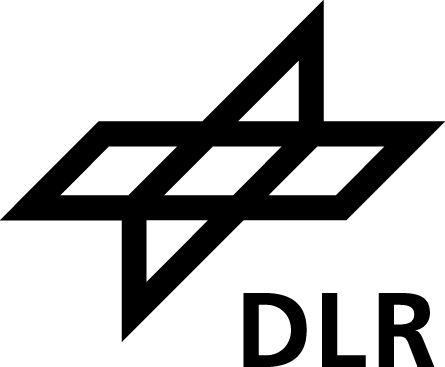Consortium
Deep Blue, a human factors consultancy, is helping businesses innovate and grow through human-centric design solutions, particularly in safety-critical sectors.
As the Project Coordinator of HUCAN, Deep Blue promotes liability by design, an integrated approach that combines technology development with associated legal and regulatory aspects. Additionally, Deep Blue is assisting the transition to Artificial Intelligence (AI) and transportation systems with increasing levels of automation by addressing unresolved legal and regulatory issues, such as liability allocation in accident cases and the necessity for understandable, ethical, and responsible AI.
Deep Blue is also responsible for managing the project’s communication and dissemination, ensuring visibility and exploitation of the project’s activities and results.
The Royal Netherlands Aerospace Centre (NLR) is an aerospace research organisation of the Netherlands and is one of the major technological institutes in the country. NLR is focused on innovation in aerospace and encompasses the full width of this landscape, with knowledge and experience in Aerospace Operations, Aerospace Vehicles and Aerospace Systems.
In HUCAN, NLR aims to keep improving the safety of aviation while including new technological developments, like artificial intelligence. Being a global leader in the field of air transport safety assessment methodologies, NLR stands at the forefront of modelling and integration of new ideas for safety in a holistic approach.
The European University Institute (EUI) is a renowned centre for research and higher education in political and social sciences, law, and economics. Founded in 1972, the EUI serves as a transnational hub for scholars and students from across Europe.
In HUCAN, the EUI examines the transformative impact of AI technologies on society and human activities, exploring the potential opportunities and associated risks. The EUI aims to develop innovative approaches to encourage responsible adoption of AI, enabling stakeholders to harness its benefits while mitigating and counteracting potential risks.
DLR is Germany’s premier aerospace research centre, conducting cutting-edge research and development in aviation, space, energy, transport, security, and digitalization. Within DLR, the Institute of Flight Guidance spearheads advancements in aircraft guidance systems, both airborne and ground-based.
In HUCAN, DLR brings its expertise to bear on the integration of Artificial Intelligence into Air Traffic Management. The DLR team meticulously evaluates the opportunities and risks presented by AI, aiming to develop secure, ethical, and human-centred AI technologies that enhance ATM efficiency and safety.
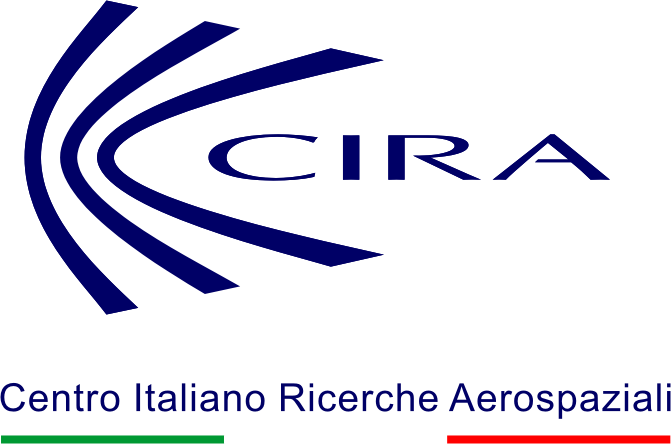
CIRA is the Italian Aerospace Research Centre, responsible for developing the Italian Aerospace Programme (PRORA) under the Ministry of Research. CIRA has a strong focus on applied research, supporting industries and authorities in the aerospace sector. The Artificial Intelligence Unit within CIRA is part of the Safety and Security Department, with a team of experts with a background in airworthiness and safety.
In HUCAN, CIRA aims to explore the potential of AI in ATM, while carefully considering safety implications, addressing the use of AI to optimise airspace traffic flow and maximising efficiency and the development of AI-powered tools to assist air traffic controllers in their decision-making processes. By focusing on the use cases, CIRA aims to provide a better understanding of AI’s potential impact on safety in ATM, enabling the responsible and effective integration of AI into ATM systems.
D-Flight is an Italian public-private partnership established in 2019, comprising ENAV, Leonardo, and Telespazio. Its mission is to develop and deploy UTM/U-space solutions to integrate traditional air traffic with the unique requirements of unmanned aircraft systems (UAS). D-Flight aims to enable the widespread use of drones for a variety of services while maintaining the highest safety standards.
For D-Flight it is crucial to address the implications and impacts of Artificial Intelligence and Machine Learning on certification processes for UAS/U-space implementation. The integration of AI and ML into UAS systems raises new challenges in terms of safety assurance, verification, and validation. D-Flight is working to develop innovative certification methodologies that can effectively assess the safety of AI-enabled UAS technologies.
